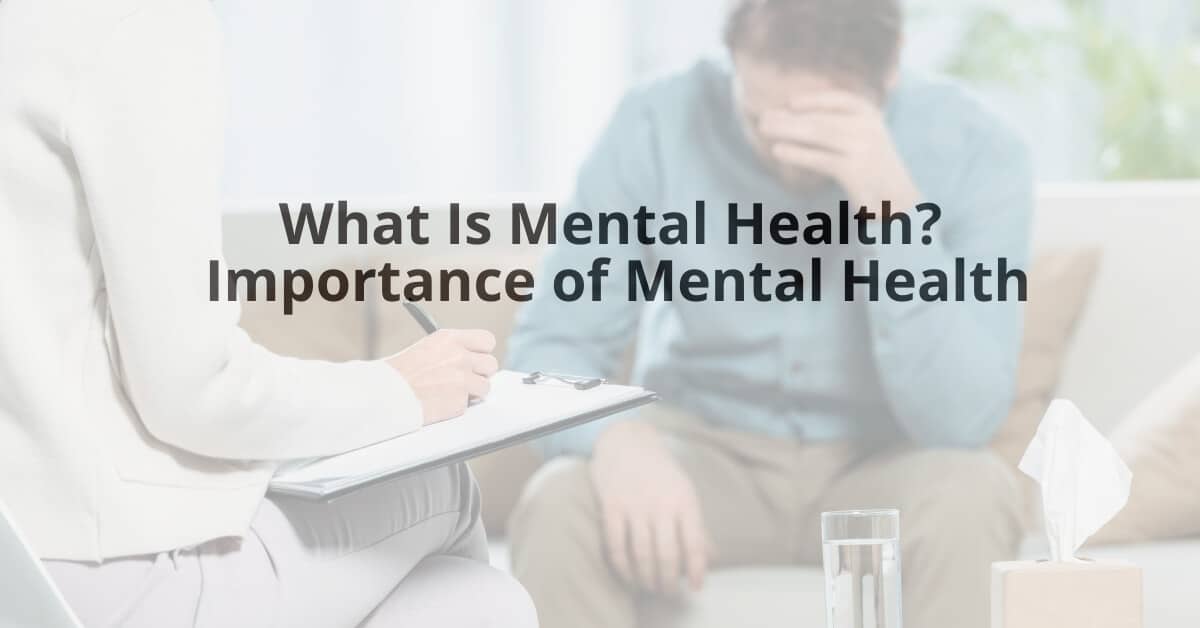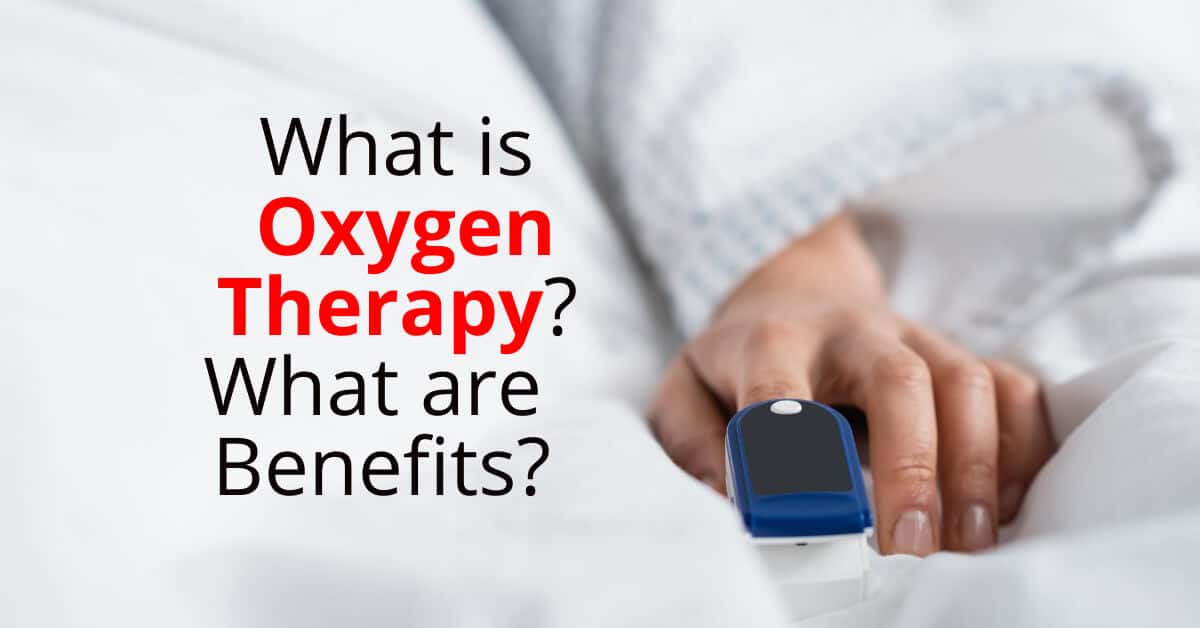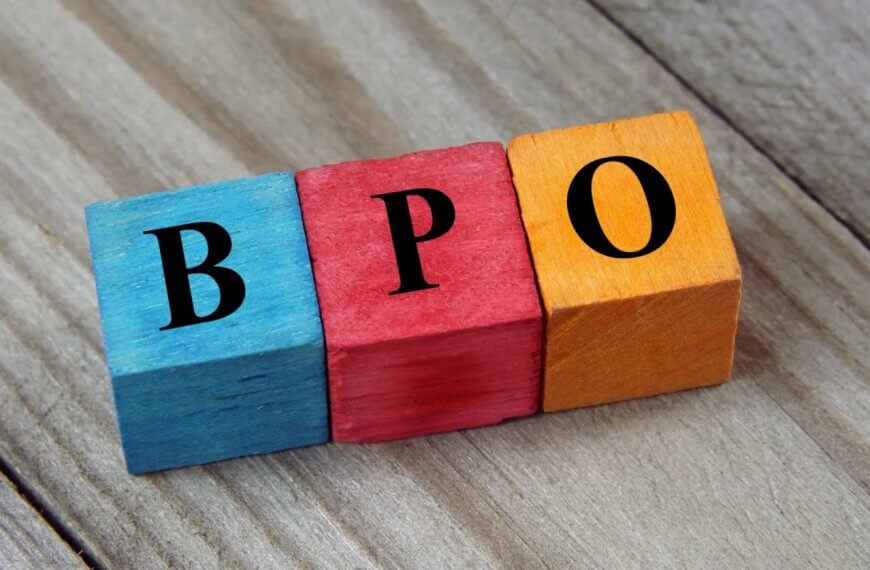Importance of Mental Health
Mental health problems affect people throughout their lives. Factors contributing to mental health problems include biology, genetics, hormones, and brain chemistry.Life Experiences, such as Trauma and Abuse, are common among people who suffer from mental illness. Help is available. People with Mental Illness can get better and many Recover Completely.
Mental health problems can cause a person to feel sad, anxious, guilty, worthless, or depressed. These feelings may lead them to overeat, sleep too little, pull away from others, eat or drink too much, feel numb, or lose interest in things. People who experience these symptoms might also smoke, use alcohol or other drugs, or become suicidal. Depression is a common disorder among teenagers. It causes feelings of sadness, loss, worthlessness, hopelessness, guilt, anger, anxiety, agitation, panic attacks, sleep disturbances, eating disorders, sexual dysfunction, substance abuse, suicidal thinking, and suicide attempts. Depression may be caused by physical illness, medication side effects, chemical imbalances in the brain, or genetics.
Risk Factors
Everyone has some risk of developing mental illness, no matter their age or ethnicity. Mental disorders are common among young adults, but also affect older adults. People who are poor, unemployed, or living alone are more likely to develop mental illnesses. For example, depression affects people of all ages, races, incomes, and ethnicities. Most people with depression do not receive treatment because they do not recognize symptoms as being serious enough to seek help. “
Common Mental Health Disorders
Anxiety disorders include panic disorder, obsessive-compulsive disorder, post-traumatic stress disorder,
Mental health disorders affect millions of Americans every year. They include depression, anxiety, bipolar disorder, schizophrenia, eating disorders, obsessive-compulsive disorder, and others.
Unfortunately, most people don’t realize they’re experiencing symptoms of a mental health disorder until they’ve been struggling for years.
That’s why it’s important to recognize the signs of these conditions early on. If you notice any of the following behaviors, talk to your doctor about whether you may be suffering from one of these disorders.
1. Feeling Overwhelmed
Feeling overwhelmed is common among those who suffer from mental health disorders. People with anxiety often feel anxious or nervous about things that are out of their control. This feeling of helplessness can lead to feelings of hopelessness and despair.
People with depression often feel sad or unhappy about life situations. They may think about suicide or self-harm.
2. Having Trouble Sleeping
Many people struggle with insomnia. Insomnia is defined as difficulty falling asleep or staying asleep. Those who suffer from insomnia often wake up tired and unrefreshed.
Those who suffer from anxiety often find themselves unable to fall asleep. They may toss and turn, worrying about what tomorrow will bring.
3. Being Irritable
Irritability is another symptom of many mental health disorders. People who suffer from anxiety tend to become easily irritated. They may snap at loved ones, yell at coworkers, or lash out at strangers.
Depression leads to irritability. People who suffer from depression may experience low moods, fatigue, and lack of interest in daily activities.
4. Failing to Concentrate
Focusing on tasks can be difficult for people who suffer from mental health issues. For example, people with anxiety often have trouble concentrating on schoolwork or chores around the house.
They may forget appointments or fail to complete assignments. People with depression often have trouble focusing on anything except thoughts of death or suicide.
5. Experiencing Suicidal Thoughts
Suicide is a serious issue. It affects millions of people worldwide each year. In fact, approximately 40 percent of people who die by suicide have a diagnosable mental illness.
The American Foundation for Suicide Prevention reports that 1 person dies by suicide every hour in America. That means there are over 800 deaths per day.
If you’re thinking about suicide, NCMH Crisis Hotline – Provides free mental health support for all affected by COVID-19. Reach them at 1553 (nationwide and toll-free landline), 0966-351-4518 (Globe/TM), 0917-899-8727 (Globe/TM), or 0908-639-2672 (Smart/Sun/TNT).
6. Avoiding Social Situations
Social isolation is a major problem for people who suffer from various mental health disorders. Some people avoid social gatherings because they fear being judged or rejected. Others avoid social settings because they feel uncomfortable talking to others.
7. Excessive Use of Alcohol or Drugs
Alcohol and drugs can worsen mental health problems. Many people use alcohol or drugs to cope with stress or anxiety. However, this only makes matters worse.
Some people use alcohol or drugs as a way to numb painful emotions. Unfortunately, this can lead to addiction.
8. Self-Harming Behaviors
Self-injury is another sign of a mental health disorder. People who suffer from anorexia nervosa often engage in self-harming behaviors such as cutting, burning, or overdressing.
People who suffer from bulimia often binge eat and then purge through vomiting or exercise.
9. Substance Abuse
Substance abuse is another symptom of mental health disorders. People addicted to substances such as alcohol, cocaine, heroin, marijuana, and other illegal drugs often experience withdrawal symptoms if they try to quit cold turkey.
When substance abusers withdraw from their drug of choice, they may experience intense cravings. These cravings can make it hard to resist using drugs again.
10. Poor Performance at Work and School
Poor performance at work or school is also a common symptom of mental health disorders like schizophrenia, bipolar disorder, and depression.
People who suffer from these conditions often have difficulty completing tasks. They may miss deadlines or skip classes.
11. Changes in Sexual Behavior
Changes in sexual behavior are one of the most obvious signs of mental health disorders. For instance, people suffering from schizophrenia often hear voices telling them to hurt themselves or others.
They may believe that sex would be sinful or dirty.
12. Physical Symptoms
Physical symptoms are another type of warning sign. People who suffer from schizophrenia often hear voices inside their heads.
These voices are usually loud and commanding. They tell the person what to do and how to behave.
If you’re thinking about suicide, NCMH Crisis Hotline – Provides free mental health support for all affected by COVID-19. Reach them at 1553 (nationwide and toll-free landline), 0966-351-4518 (Globe/TM), 0917-899-8727 (Globe/TM), or 0908-639-2672 (Smart/Sun/TNT).
Why is mental health important?
Mental and physical health is equally as important to each other. Depression increases the risk for many physical health problems. Chronic conditions also increase the risk for mental health problems.
Can Mental health change over time?
Mental health is important to consider when dealing with people. People who work long hours or care for others may need help managing stress. Economic hardships could lead to depression or anxiety. Other factors that contribute to mental health issues include:
• Genetics
• Life experiences (such as trauma)
• Brain chemistry
• Hormones
• Medication
How Can I Improve My Mental Health?
It’s important to know your own strengths and weaknesses so you can make changes to improve your mental health. Here are some ways to get started:
• Talk about how you’re feeling. Be open and honest with yourself and those around you.
• Get support from family members, friends, and professionals. Ask for help if needed.
• Take care of yourself physically. Eat well, exercise regularly, manage stress, and take breaks.
• Find activities that bring you joy.
• Practice mindfulness. Mindfulness helps reduce stress and improves mental health.
• Learn relaxation techniques such as deep breathing exercises, meditation, yoga, tai chi, and guided imagery.
• Seek professional help if you think you have a problem.
Mental Health Care and Treatment
Mental illness affects millions of Americans every year. If you suffer from depression, anxiety, bipolar disorder, schizophrenia, OCD, PTSD, eating disorders, substance abuse, or any other mental illness, there are treatments available to help you overcome these challenges.
There are several types of mental illnesses, each with its own symptoms and causes. Some mental illnesses are genetic, meaning that they run in families. Others may develop due to chemical imbalances in the brain. Still others may stem from trauma experienced early in life.
Regardless of the cause, mental illness can affect anyone at any point in his or her life. Fortunately, there are effective treatments available to treat mental illness.
Seek professional help right away and don’t let your depression or other disorders go unnoticed. There is always available help to overcome these hurdles. Get support from people around you, friends and family are part of your inner circle of love. Stay strong, stay healthy!
Need HELP? NCMH Crisis Hotline – Provides free mental health support for all affected by COVID-19. Reach them at 1553 (nationwide and toll-free landline), 0966-351-4518 (Globe/TM), 0917-899-8727 (Globe/TM), or 0908-639-2672 (Smart/Sun/TNT).
For More Resources to Help – http://www.silakbo.ph/help/
























